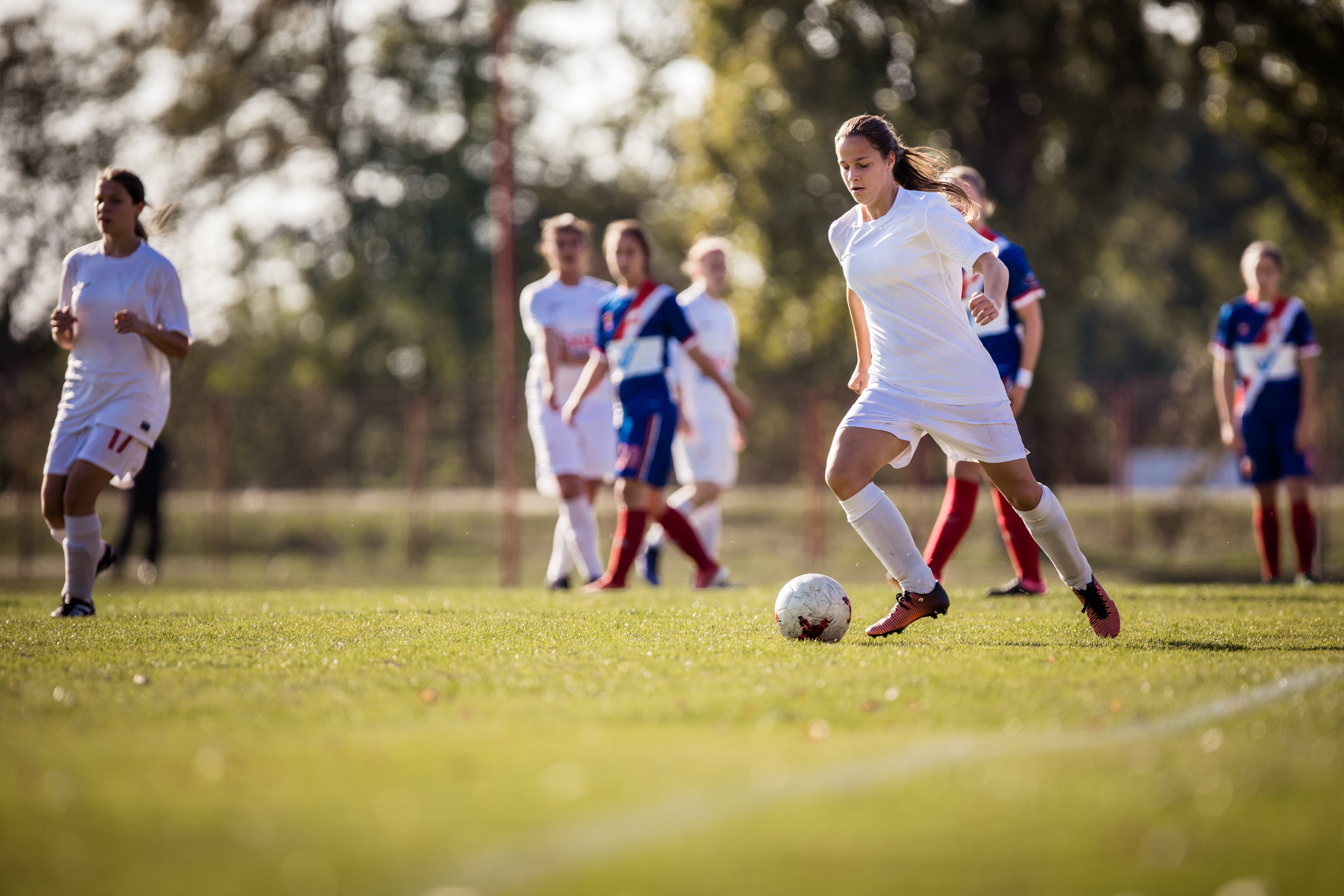
Objective To test the hypothesis that acute elevations in serum inflammatory markers predict symptom recovery after sport-related concussion (SRC).
Methods High school and collegiate football players (n = 857) were prospectively enrolled. Forty-one concussed athletes and 43 matched control athletes met inclusion criteria. Serum levels of interleukin (IL)–6, IL-1β, IL-10, tumor necrosis factor, C-reactive protein, interferon-γ, and IL-1 receptor antagonist and Sport Concussion Assessment Tool, 3rd edition (SCAT3) symptom severity scores were collected at a preinjury baseline, 6 and 24–48 hours postinjury, and approximately 8, 15, and 45 days following concussion. The number of days that athletes were symptomatic following SRC (i.e., duration of symptoms) was the primary outcome variable.
Results IL-6 and IL-1RA were significantly elevated in concussed athletes at 6 hours relative to preinjury and other postinjury visits, as well as compared to controls (ps ≤ 0.001). IL-6 and IL-1RA significantly discriminated concussed from control athletes at 6 hours postconcussion (IL-6 area under receiver operating characteristic curve 0.79 [95% confidence interval (CI) 0.65–0.92], IL-1RA AUC 0.79 [95% CI 0.67–0.90]). Further, IL-6 levels at 6 hours postconcussion were significantly associated with the duration of symptoms (hazard ratio for symptom recovery = 0.61 [95% CI 0.38–0.96], p = 0.031).
Conclusions Results support the potential utility of IL-6 and IL-1RA as serum biomarkers of SRC and demonstrate the potential of these markers in identifying athletes at risk for prolonged recovery after SRC.
Classification of evidence This study provides Class III evidence that serum levels of IL-6 and IL-1RA 6 hours postconcussion significantly discriminated concussed from control athletes.
